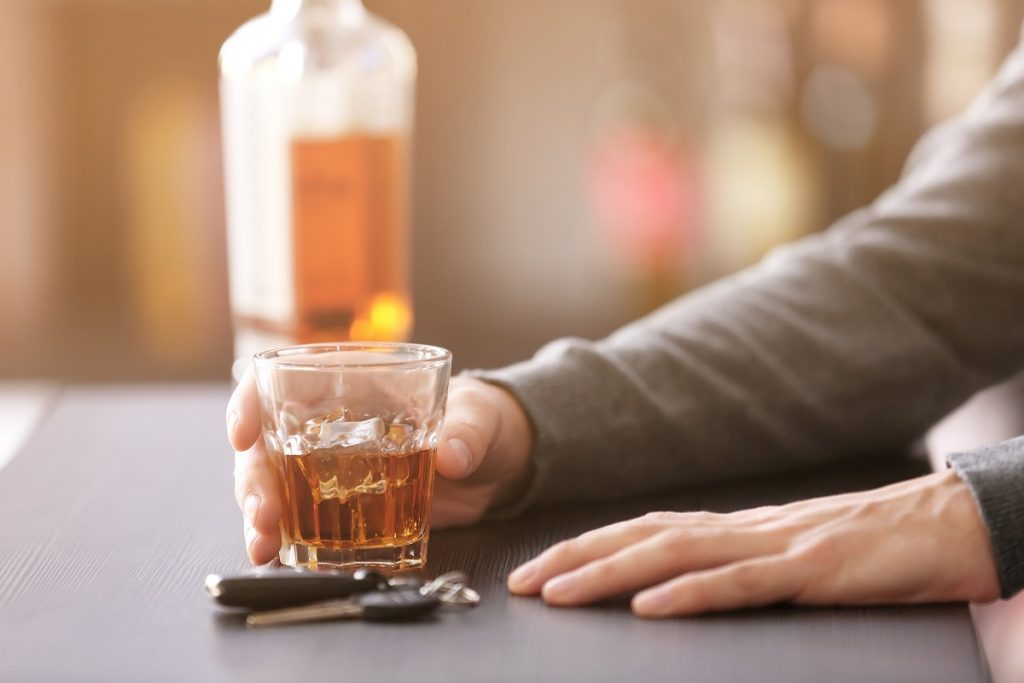 Alcohol dependence is deadly. According to a fact sheet from the World Health Organization, over three million people die from it annually. Harmful alcohol consumption is directly responsible for more than 200 diseases and injuries like liver scarring and pancreatitis. These issues are also widespread, as about 88,000 people die from these illnesses every year, the Centers for Disease Control and Prevention says.
Alcohol dependence is deadly. According to a fact sheet from the World Health Organization, over three million people die from it annually. Harmful alcohol consumption is directly responsible for more than 200 diseases and injuries like liver scarring and pancreatitis. These issues are also widespread, as about 88,000 people die from these illnesses every year, the Centers for Disease Control and Prevention says.
While alcohol dependence is an issue you can deal with through proper rehabilitation, it’s still easy for a person to go back to heavy drinking habits. If you’re afraid that you or your loved one may be going through a relapse, read on to understand how it works.
Understanding Relapse
According to a University of California Santa Cruz article about relapse prevention, a relapse happens when you go back to a problematic behavior. In this case, excessive alcohol use. The piece explained that a recovering user could have a lapse, like a glass of wine at a party, and be completely fine and sober after. However, a relapse happens when they have a taste of alcohol and slide back into binge drinking.
This glass of wine is an example of a relapse trigger. You can be triggered by thinking of a particular situation, feeling, or experiencing a sensation that tempts you to drink again. Even discomfort from illness, stress, and lack of sleep can pull a person back to alcohol dependence. If you think that you or a loved one is being provoked into relapsing, look for these warning signs.
Irritation and Mood Swings
Physical discomfort is one of the most common problems that people have when going sober. This is likely because of alcohol withdrawal, the U.S. National Library of Medicine says. Alcohol withdrawal happens when a person experiences certain symptoms after abruptly stopping their regular drinking habit. You may experience mood swings, shaky hands, and palpitation a day or two after you put down the bottle. Severe alcohol withdrawal may even lead to hallucinations and seizures. As such, you may be tempted to go back to drinking to numb the discomfort you’re feeling.
Overconfidence in Recovery
There’s no shame in being proud of being sober after rehabilitation. However, you need to understand that recovery isn’t a one and done thing. Some people are often confident enough that they don’t even take supplementary classes and support groups once they go sober. This may put you at risk of getting hit with withdrawal symptoms again.
Eating Disorders
 The National Institute on Alcohol Abuse and Alcoholism says that alcoholism and eating disorders often occur at the same time. This is because they both provide relief from the pain and anxiety that you may experience. If you see yourself or a loved one trying to compensate their itch for alcohol, it may be time to get help Apart from looking for treatment options for bulimia nervosa, it’s also worth searching for doctors that can accommodate alcohol dependence.
The National Institute on Alcohol Abuse and Alcoholism says that alcoholism and eating disorders often occur at the same time. This is because they both provide relief from the pain and anxiety that you may experience. If you see yourself or a loved one trying to compensate their itch for alcohol, it may be time to get help Apart from looking for treatment options for bulimia nervosa, it’s also worth searching for doctors that can accommodate alcohol dependence.
While the occasional social drink is excellent when you want to have fun, alcohol dependence can change your life for the worst. Look out for these signs and help yourself or your loved one recover from them by seeking professional help. Problems like these should never be kept bottled up.

